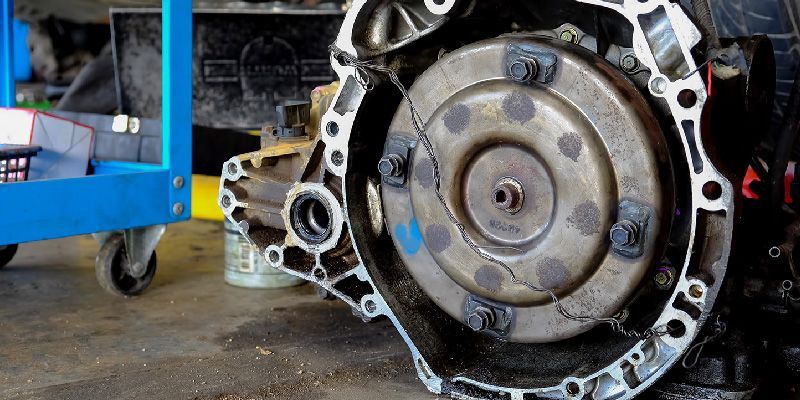Transmission Services
Our Transmission Services: Keeping Your Drive Smooth
Comprehensive Transmission Services
Explore our full range of transmission services tailored to meet the specific needs of your vehicle:
Standard Transmission Maintenance:
Transmission Inspection: Routine checks for early detection of potential problems.
Leak Repair: Identifying and fixing any leaks to prevent fluid loss and potential damage.
Advanced Transmission Solutions:
Performance Transmission Upgrades: Enhancements for improved performance and durability, suitable for high-performance vehicles.
Clutch Repair and Replacement: Addressing issues with the clutch in manual transmissions, including adjustments and replacements as needed.
Signs of Transmission Trouble
Recognizing early signs of transmission failure can save costly repairs.
Here are key symptoms to watch for:
- Slipping Gears: If gears slip or the engine revs unexpectedly during shifts, it suggests transmission issues.
- Rough Shifts: Harsh, jerky, or difficult gear changes indicate transmission problems.
- Delayed Engagement: A noticeable delay before the vehicle moves after shifting into drive signals a potential issue.
- Fluid Leaks: Reddish fluid under your car often points to a transmission fluid leak, which requires immediate attention.
- Unusual Noises: Whining, clunking, or buzzing sounds in neutral can be signs of transmission wear.
- Warning Light: An illuminated transmission warning or check engine light often means the vehicle’s computer has detected a transmission issue. Prompt attention to these symptoms from a professional mechanic can prevent more significant damage.
Regular checks, like monitoring transmission fluid, are crucial for maintaining your vehicle’s transmission health.
Find Transmission Services Near You!
Transmission Fluid Change Frequently Asked Questions
How often should I change my transmission fluid?
Most manufacturers recommend changing the transmission fluid every 30,000 to 60,000 miles. However, this can vary depending on your driving conditions and vehicle type. Always refer to your owner’s manual for specific recommendations.What happens if I don’t change my transmission fluid?
Failing to change your transmission fluid can lead to increased friction, overheating, and ultimately, transmission failure. Regular fluid changes are essential for prolonging the life of your transmission.Can I check my transmission fluid level myself?
Yes, many vehicles have a dipstick for checking the transmission fluid level. However, some newer vehicles have sealed transmissions, which require professional service to check and change the fluid. Consult your owner’s manual for guidance.Can a transmission fluid change improve my car’s performance?
Yes, changing your transmission fluid can lead to smoother shifting, better fuel efficiency, and overall improved transmission performance. Regular maintenance helps keep your vehicle running efficiently.How long does a transmission fluid change take?
A transmission fluid change typically takes about 1 to 2 hours, depending on the make and model of your vehicle. It's a relatively quick service that can help prevent costly repairs down the road.What is a Transmission Fluid Change?
A transmission fluid change involves draining the old fluid from your vehicle’s transmission and replacing it with new, clean fluid. This process helps ensure that your transmission operates smoothly and efficiently.What are the signs that my transmission fluid needs to be changed?
Common signs include difficulty shifting gears, delayed gear engagement, transmission slipping, or unusual noises such as grinding or whining. If you experience any of these symptoms, it may be time to change your transmission fluid.Is there a difference between automatic and manual transmission fluid?
Yes, automatic and manual transmissions use different types of fluid. Automatic transmission fluid (ATF) is typically red and is used in automatic vehicles, while manual transmissions often use gear oil or a specific manual transmission fluid.







